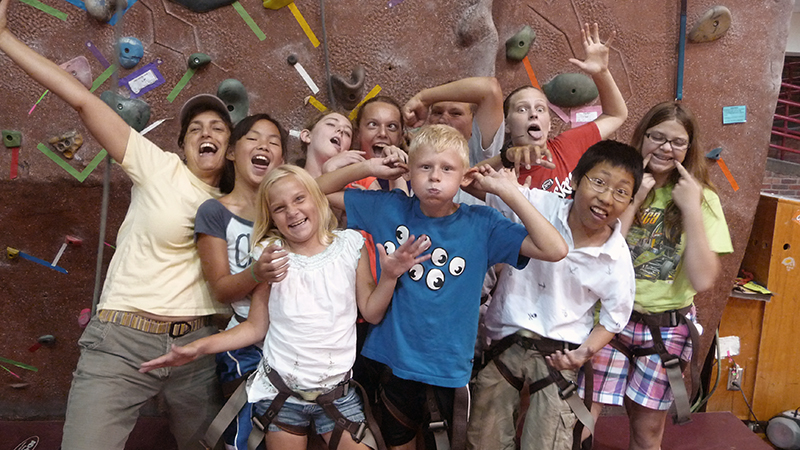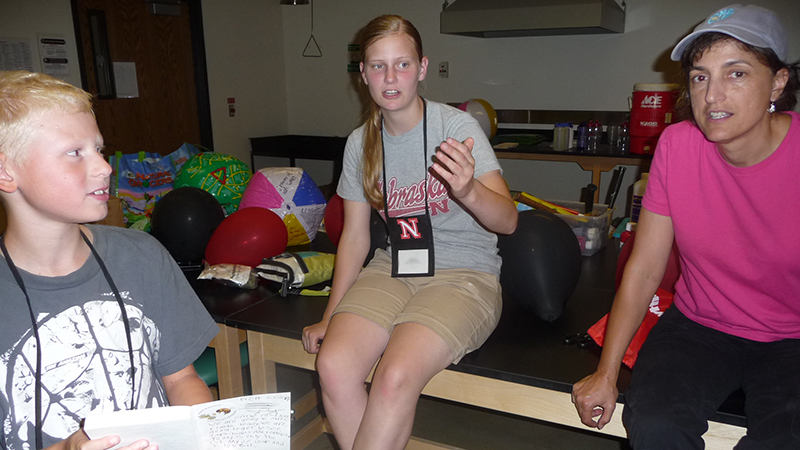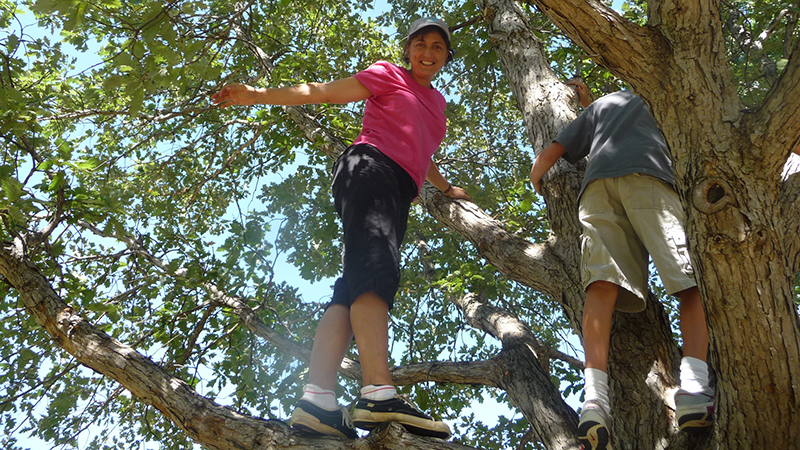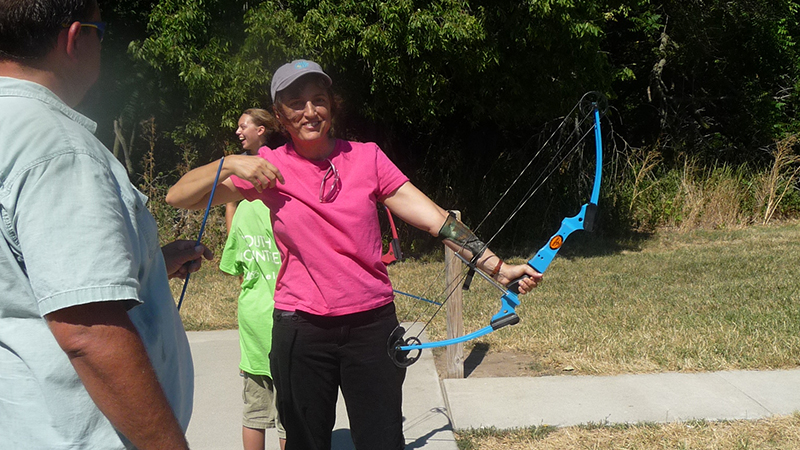What do you like most about teaching and mentoring your students?
Knowing students are learning — especially those "aha" moments when things come together. And knowing I am helping students fulfill their dreams and preparing future generations to help natural resources. I tell students I consider my job as preparing them for success by helping them learn skills that will help them land that first big job, really succeed in that job so they earn promotions, and achieve their dream career. I especially love learning about student's successes.

Other than your time in the classroom how do you connect with students?
I really enjoy getting to know my students, what interests them, their goals, and dreams, and how I can help them. So, I love when I get a chance to chat after class, in my office, via zoom, on a field trip, or for coffee or ice cream. In NRES 301, students must meet with me once or twice a semester to reflect on their networking skills, and I try to take that time to ask how things are going and learn more about them.



What do you think is the most important thing for students to know about interacting with faculty at Nebraska?
That we really want them to learn, grow, and succeed. We are here to help; we want to help. Get to know as many of us as possible. If we know what a student is interested in, we can send job opportunities their way. The more we know a student, the better recommendation letters we can write. And we really love hearing from our alumni — so please stay in touch!
How does what you teach your students prepare them for success in their professional and personal lives?
My courses emphasize professional skills to enhance career success. In NRES 301 for example, we work on cover letters, networking, elevator speeches, conflict mediation, professionalism, grant writing, technical writing, and science communication for the general public among other things. In my environmental education courses, students get certified in national curriculum, gain teaching experience, and network and volunteer for local agencies. In the zoo capstone, students learn from zoo staff - keepers, veterinarians, record keepers, development staff, exhibit designers, curators and even a CEO. In that course student projects are all focused on things that occur in zoos such as AZA accreditation inspections, animal training, keeper talks, and special events.
I am an ardent supporter of wellness. I post information on food and shelter security, mental health resources, and success tips in my courses. My door is always open for students who are feeling stressed or having any issues. During the pandemic, I've been monitoring my students for stress and overwhelm, trying to proactively address issues that arise. I am a neurodiversity advocate, and really enjoy helping neurodiverse students. And I strive to model and spread empathy, respect, and inclusion.